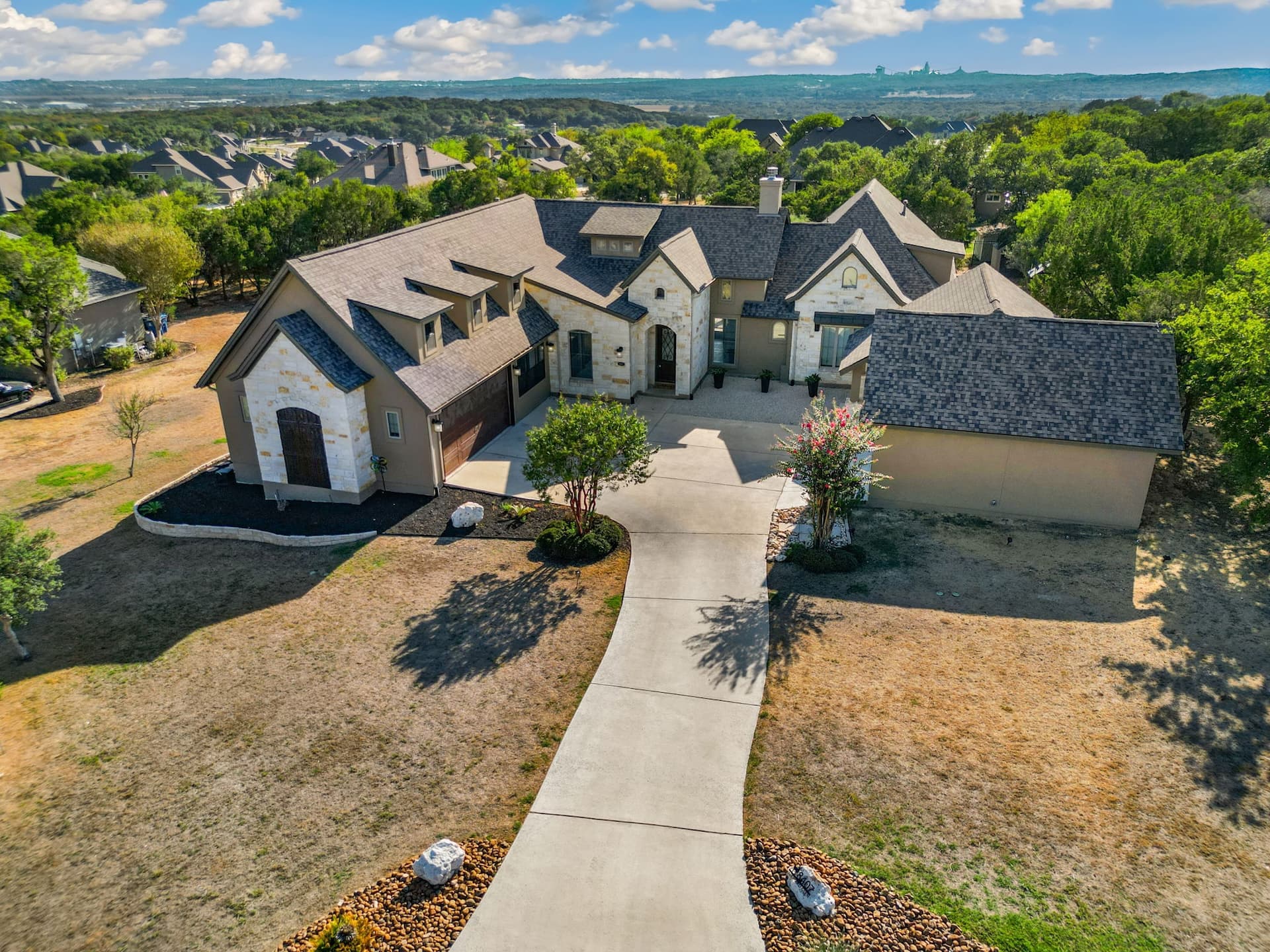Contact Us
Get in Touch
8151 Broadway Suite 105
San Antonio, Texas 78209
7. How long does the home buying process take?
Once under contract, it typically takes 30–45 days to close. The full timeline, including home searching, varies depending on market conditions, your timeline, financing, inspections, and negotiations.
8. Should I sell my current home before buying another?
It depends on your financial situation and market timing. Selling first may give you the down payment you need but may require temporary housing. If you’re still weighing your options, talk with a realtor Alamo Heights TX homeowners rely on, call us today and let’s break down what makes the most sense for your situation. Buying first may be a smoother transition but could involve contingent offers or bridge financing.
9. What is a contingency in a real estate contract?
A contingency is a condition that must be met for the contract to proceed. Common ones include financing, home inspection (option period), appraisal and sale of other property. If a contingency isn’t met, the buyer may withdraw without losing their earnest money.
10. What is earnest money?
Earnest money is technically promised default money. The amount is negotiated when you make an offer and typically runs around 1%, but there is no set amount. The amount is deposited when your offer is accepted, showing your commitment. It’s held in escrow and applied to closing costs. If the deal falls through without a valid reason provided for in the contract, the seller has the right to keep it.
11. What happens if the home appraises below the offer price?
You can renegotiate the price, pay the difference in cash, split the difference with the seller, or terminate the contract. The lender will only finance up to the appraised value. To make sure you’re not navigating this step alone, reach out to a realtor Alamo Heights TX buyers trust to walk you through your appraisal options, call us to get started. If you hire the right REALTOR® in the San Antonio AREA, then they will assist in first attempting to present why the price should be higher than what was turned in and try to get it raised.
12. What is a buyer’s market vs. a seller’s market?
In a buyer’s market, more homes are available than buyers, giving buyers negotiating power. This usually means more than 6 months of inventory. In a seller’s market, inventory is low, and demand is high, often leading to multiple offers and quicker sales. This is usually less than 3 months of inventory. A balanced market is between 4-5 months’ worth of inventory.
21. What documents do I need to get a mortgage?
Typically, you’ll need W-2s or tax returns, recent pay stubs, bank statements, identification, and information on debts or assets. Your lender will guide you based on your situation.
22. Can I use gift funds for my down payment?
Yes, many loan programs allow for gift funds from family members. You’ll need a gift letter verifying that the money is a gift, not a loan. The lender will need to verify and approve this.
22. Can I terminate the contract as a buyer?
Yes, if you’re within your contingency periods (financing, inspection, etc.). After that, backing out can result in loss of earnest money or legal risk.
23. Can I terminate the contract as a seller?
Yes, the seller may terminate if the buyer does not deliver the Earnest Money in the allowed time. That is the only place in the current contracts that sellers have that ability.
24. What’s included in a monthly mortgage payment?
Principal, interest, property taxes, and homeowner’s insurance. You will pay your Homeowners Association outside of your mortgage. If you put less than 20% down, it will also include mortgage insurance.
25. What should I avoid during the buying process?
Avoid opening new credit lines, making big purchases (like a car), changing jobs, getting married, getting divorced or missing bill payments, all can impact your loan approval.



